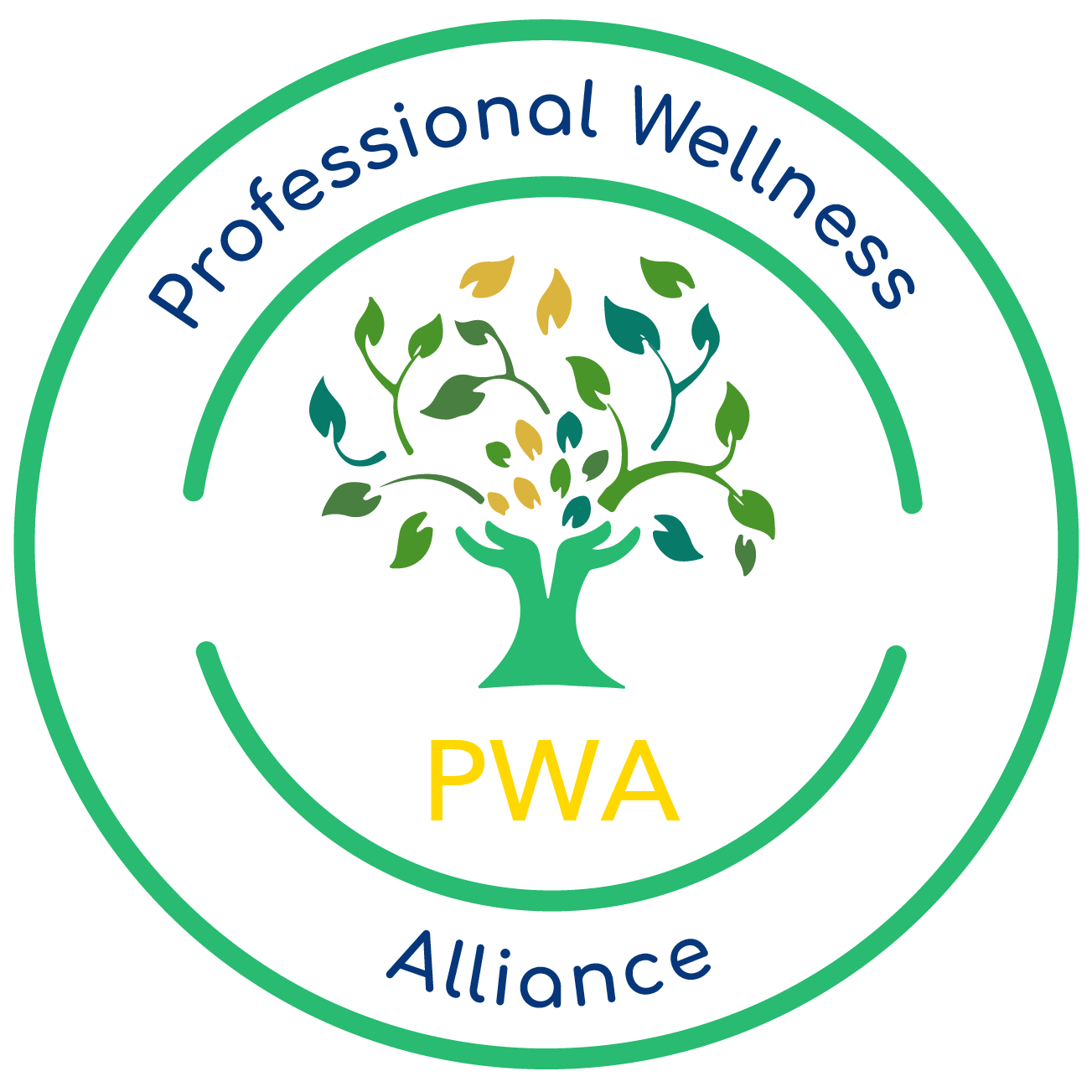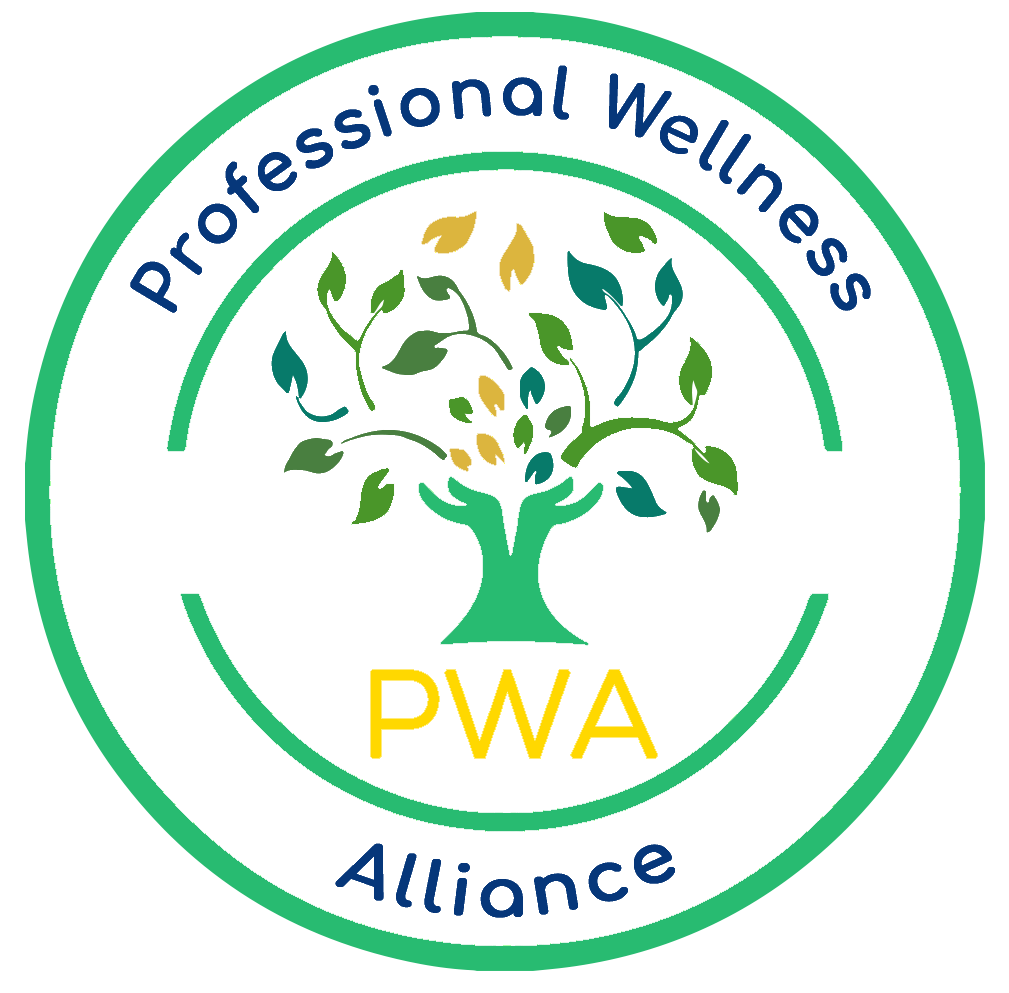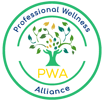Few will argue against the notion that good nutrition is a pillar of good health. Yet the vast majority of Americans today consume more processed food, preservatives, and genetically modified organisms than any other generation in history.
Luckily, people are beginning to educate themselves about the dangers of industrial foods. Americans are starting to connect the dots between chronic disease and lifestyle factors, leading to a growing interest in holistic nutrition and herbal medicine.
The signs are everywhere. Herbal supplement sales are booming. Organic gardening is on the rise. Local groups are springing up across the country to help people learn how to forage and wildcraft native plants in their bioregion. Yet the rise of fad diets, trendy superfoods, and internet influencers, can make it daunting and confusing for people to make a lasting lifestyle change.
The idea of the wellness coach as a guide and advocate for better health is gaining traction.
Millions of Americans are aware that they need to improve their lifestyle and diet to prevent chronic disease, but they don’t know exactly what to do or how to get there. A wellness coach can be a beacon of support and a guide to a healthier life.
As more and more people are turning to holistic practitioners for guidance, at the same time, the lines around the legality and scope of health coaching are blurred. And they can even vary from state to state.
If you’re offering services in the wellness world as a holistic health provider, it is more important than ever to learn how to navigate the murky waters of laws and regulations. The Professional Wellness Alliance is a community dedicated to protecting holistic health practitioners and the future of holistic health through its License Program.
What is a health coach?
In the conventional model, patients are often expected to accept their health providers’ prescriptions and authority, even if this means suppressing their own instincts and intuition. In contrast to this, health coaches offer a personalized and holistic approach to better health, partnering with individuals to help them take responsibility for their own wellbeing.
A health coach can tap into what motivates their client to best support them with a plan that sets them up for progress.
Health Coaches can provide their clients with:
- general nutrition and wellness information
- skill-building and tools
- guidance and support
- options and recommendations
- identifying roadblocks and challenges
- solutions and strategies
- motivation and self-reflection
Health coaches take a holistic approach that considers each client’s:
- background, environment, and habits
- personal connection with food and exercise
- reasons for seeking a healthier lifestyle
Holistic nutritionists focus on the individual, helping them to connect with their own body, mind, and beliefs to choose what kind of change is best for them. They do this while taking into consideration the many facets of a person’s life including health conditions, environments, and habits. They can help clients by creating an exercise plan, charting a plan to navigate chronic disease, or losing weight.

Rather than telling a client what to do, a holistic health coach can serve as a facilitator and a partner, helping them come to their own conclusions so they can make choices that make sense to them. Based on this understanding, nutrition coaches offer accountability and strategies to avoid pitfalls. They can help clients set their own reasonable and achievable goals, then craft a solid plan to implement them.
Different types of holistic health coach?
There are multiple approaches and philosophies that a holistic health coach can choose to specialize in including:
- Functional nutrition is an aspect of functional medicine that incorporates food and lifestyle to address the root cause of disease within the individual as a whole person, including mind, body and spirit.

- Integrative nutrition is a concept trademarked by the Institute for Integrative Nutrition®. It is based on the concept that food has emotional, mental, and spiritual dimensions beyond the physical nutrition that it provides to the body.
- Holistic nutrition promotes healthy eating habits while considering the whole person and the complex interconnected factors that influence health. These include environmental, physical, emotional, mental, chemical, and spiritual factors.
- Herbal medicine uses medicinal plants to prevent, alleviate, or cure disease. Also known as botanical medicine or herbalism, it has been used traditionally by people the world over as a practice to promote health and wellbeing.
What’s the difference between a “licensed nutritionist” and “registered dietitian”?
It is fundamental to know that a health coach is NOT a nutritionist or a dietitian.
In the United States, the title “dietitian” refers to a person who is board-certified, has a certain level of education in the field of nutrition, and is authorized to offer medical nutrition and nutritional counseling.
In most states, a Registered Dietitian (RD) or Dietitian Nutritionist (RDN) must complete the following requirements:
- have at least a bachelor’s degree
- complete an accredited supervised practice program
- pass a national examination
- meet professional education requirements
The word “nutritionist” is a broad term referring to a spectrum of expertise and credentials, with no agreed-upon certification or educational requirements. Some states regulate this term, while others do not. Becoming a Certified Nutrition Specialist (CNS) requires having a master’s or doctoral degree, and at least 1000 hours of supervision in the field.
A Licensed Nutritionist (LN) must prove that they have earned their credentials from a nationally recognized licensing body. They are regulated by the state in which they practice, as well as by their certification board. This can be confusing because while some states require nutritionists to be licensed, others do not. Depending on the state, a Licensed Nutritionist may or may not be able to provide nutrition counseling and advice.
Another aspect that further blurs the lines is that regulations and definitions are changing. For example, in some states, new laws will require a minimum of a master’s degree to practice as a dietitian.
As of this writing, there are laws regulating the practice of dietetics in at least twenty-one states in the US. As a holistic health coach, you can be certified through private credentialing bodies and offer your services as long as you do not engage in state-regulated activities. This means that nutrition coaches can provide a certain scope of health and wellness services as long as they do not infringe on their state’s dietetic practice law.

Sound confusing? That’s because it definitely is without proper guidance from a trusted source. Part of the aim of the Professional Wellness Alliance’s license course is to help you understand your responsibilities and limits so you can offer your health coaching services with peace of mind. It is vital that you know exactly what you can and cannot do in your state, and the correct way to refer to yourself as a wellness professional, to avoid getting into legal trouble.
What can happen when health coaching crosses into the territories of “licensed nutrition” and “registered dietitian”?
State regulatory boards across the country are on the lookout for health and wellness coaches who are offering services that infringe upon the different laws and regulations relating to licensed nutritionists and registered dietitians.
Because the lines are blurred when it comes to health coaching and wellness advice, it's best to stay informed, protect yourself, and keep up to date on changes. There’s no simple answer about how dietetics laws are enforced across the country. The bottom line is that crossing the line from health coaching and wellness advice into the territory of “licensed nutrition” or “registered dietitian” can lead to serious legal and financial repercussions.
Can health coaching without a license get you into legal trouble?
If you are a nutrition coach offering your services to clients, but you don’t have a license, you could be setting yourself up for disaster. More than ever, state regulatory boards are cracking down on unlicensed holistic health providers. Nutrition coaches in particular are in the crosshairs of this growing trend.
Many wellness coaches are currently offering services and thinking they “won’t get caught” or “aren’t doing any harm” by just offering nutritional advice. After all, anybody can give advice, right? Actually no. This type of thinking is exactly what can get you into serious legal and financial trouble.
In fact, it's exactly what happened to Heather in Florida because she was offering holistic health coaching without a license. Heather did go to court to try to prove her case, but ultimately failed because she had no legal basis to defend her services. Even though she had the best of intentions to help people with health coaching, she ended up losing her business and being fined.
Just this year, a very similar situation happened to Donna in Mississippi. She is currently being threatened with large fines and potential jail time for providing dietary advice without a license.
Heather and Donna are just two examples of many. There is a growing trend across the country in which legal action is being taken by state regulatory boards against holistic practitioners, especially health and wellness coaches.
What can I do to protect myself as a health coach?
As a health coach, your best defense is to be prepared, informed, and protected with a defendable legal basis. The PWA License Program includes a detailed licensing course and a professional background review. This means that by becoming a PWA licensed holistic health provider, you’ll be up-to-date on state regulations and best practices to safeguard your clients.
The PWA also offers practitioner resources to help inform and educate health coaches on their rights and responsibilities.
Having a PWA License shows your clients that you care about their concerns and take your profession very seriously. It also demonstrates that you are a responsible and trustworthy holistic health provider and that you are aware and mindful of state regulatory boards.
Because the lines are blurry, it is up to each and every health coach to get clear on their state’s laws and do everything in their power to protect themselves. Only then can they confidently expand their practice safely and legally.
To learn more about joining the holistic health movement and protecting your health coaching services, visit www.pwai.us.
.png?width=350&height=350&name=professional-wellness-alliance-logo%20(2).png)




